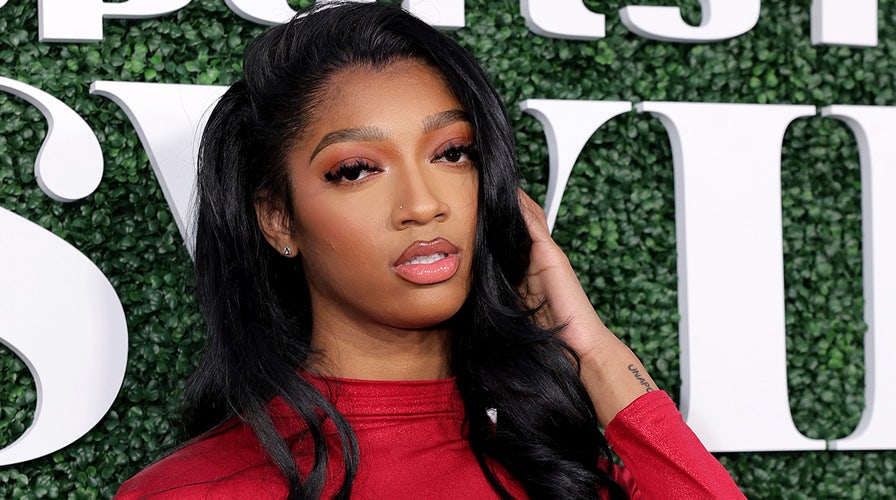Angel Reese has ignited a heated discussion by accusing young girls of racism after the NCAA Women’s Final Four experienced a staggering 71% drop in viewership compared to 2023. This decline translated into a loss of over 10 million viewers, marking a sharp contrast to the previous year’s record-breaking numbers. Reese, a rookie with the Chicago Sky and former LSU standout, did not attribute the viewership decline to game quality or the absence of star power but instead pointed to racial bias as a fundamental issue.

In 2023, the NCAA Women’s Tournament was a cultural phenomenon, drawing over 18 million viewers. The tournament featured electrifying matchups, including Caitlin Clark leading Iowa against Reese’s LSU Tigers, which captivated audiences with its intense rivalry, trash talk, and star power. It was a moment where basketball transcended sports and became a national spectacle.
However, the 2024 tournament failed to replicate this excitement. Despite having elite teams and skilled players, including Reese herself, viewership fell dramatically to around 5.3 million. Reese quickly responded to the decline, suggesting that racial dynamics played a significant role. She argued that young girls didn’t watch because the focus shifted away from white players, claiming, “Y’all only watched last year because of the white girls. Let’s keep it real. It’s racism, plain and simple.”

Reese’s comments have sparked controversy and debate, as she chose to highlight racial issues rather than consider other factors like competition, scheduling, or fan fatigue. She asserted that when players of color are at the forefront, audiences disengage, saying, “Little girls didn’t watch because it wasn’t about them anymore. When it’s us out front, they turn the TV off. We see it every time.”
Critics argue that Reese’s narrative lacks accountability and oversimplifies the complex reasons behind the viewership decline. The 2023 tournament was celebrated for its elite matchups, engaging personalities, and captivating rivalries, which were the primary drivers of its success, rather than racial identity alone. Reese’s comments have been seen as an attempt to deflect from the tournament’s inability to deliver the same level of excitement and engagement as the previous year.
The discussion around Reese’s statements highlights the tension between acknowledging racial dynamics and recognizing other potential factors contributing to the drop in viewer interest. While Reese pointed to racism as a root cause, others suggest that the absence of compelling rivalries or engaging media coverage played a significant role in the reduced viewership. The debate underscores the complexities of sports viewership and the various elements that contribute to a tournament’s success or failure.
